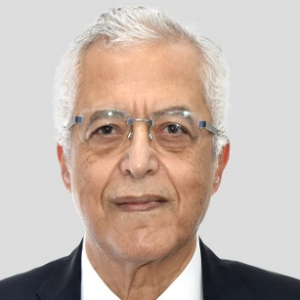Cell Encapsulation
Cell encapsulation is a process in which living cells are encapsulated in selectively permeable polymeric materials (membranes/beads), making them a potential treatment for diseases like haemophilia, Parkinson's disease, lysosomal storage disorder (LSD), cancer, and diabetes. The encapsulated cells become immune, which means that the host's immune system is unable to recognize them and hence does not mount an immunological reaction against them. In tissue engineering applications, cell encapsulation could be a remedy to transplant rejection. Immobilization of cells within a polymeric semi-permeable membrane is the goal of cell microencapsulation technology. It allows for the bidirectional diffusion of molecules required for cell metabolism, such as oxygen, nutrients, growth factors, and other growth factors, as well as the outward diffusion of waste products and therapeutic proteins. At the same time, the membrane's semi-permeable nature prevents immune cells and antibodies from attacking the encapsulated cells, which they consider as foreign intruders, due to their semi-permeable nature. After an organ transplant, cell encapsulation may lessen the requirement for long-term immunosuppressive medicines to control side effects.

Nagy Habib
Imperial College London, United Kingdom
Lucie Bacakova
Institute of Physiology of the Czech Academy of Sciences, Czech Republic



Title : AI-integrated high-throughput tissue-chip for space-based biomanufacturing applications
Kunal Mitra, Florida Tech, United States
Title : Stem cell technologies to integrate biodesign related tissue engineering within the frame of cell based regenerative medicine: towards the preventive therapeutic and rehabilitative resources and benefits
Sergey Suchkov, N.D. Zelinskii Institute for Organic Chemistry of the Russian Academy of Sciences, Russian Federation
Title : In vitro evaluation of lyophilized Dedifferentiated Fat cells (DFAT) impregnated artificial dermis
Kazutaka Soejima, Nihon University, School of Medicine, Japan
Title :
Nagy Habib, Imperial College London, United Kingdom
Title :
Alexander Seifalian, Nanotechnology & Regenerative Medicine Commercialisation Centre, United Kingdom
Title : The regenerative medicine of the future
Marco Polettini, DVM, Italy